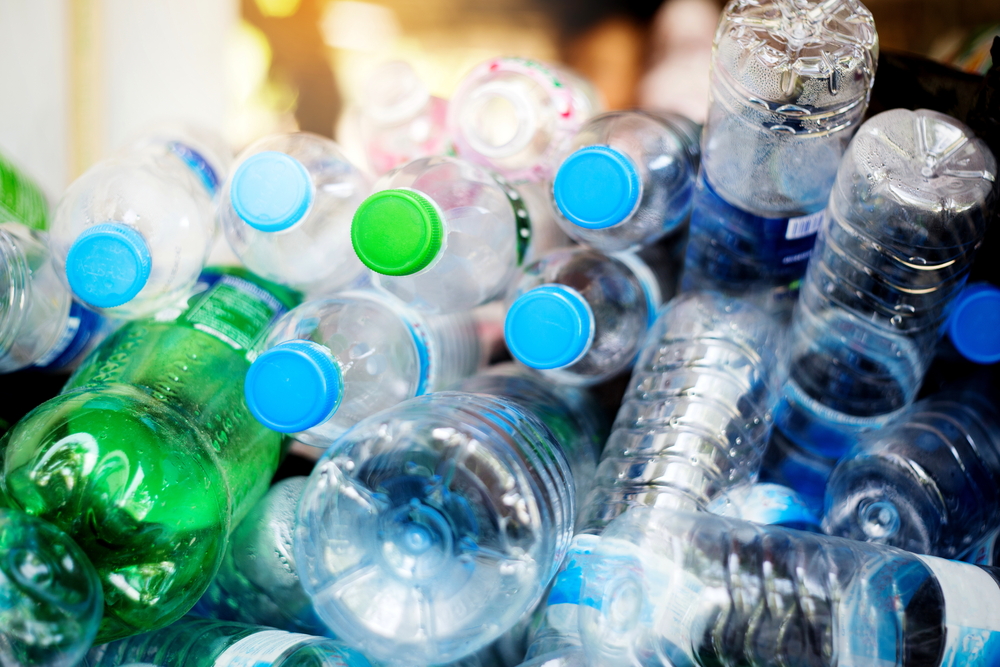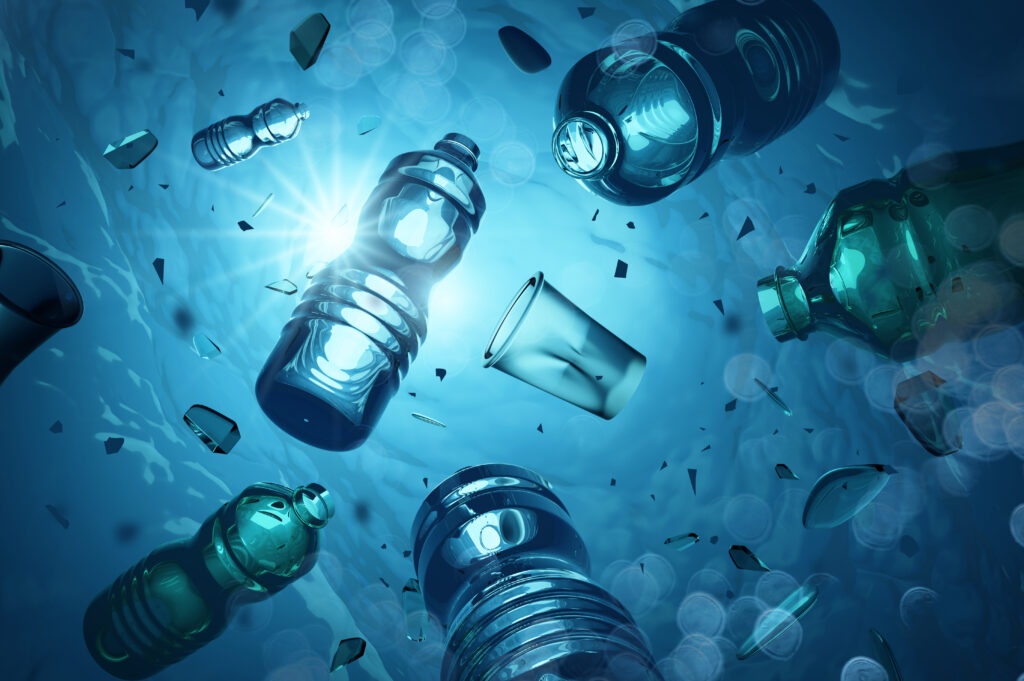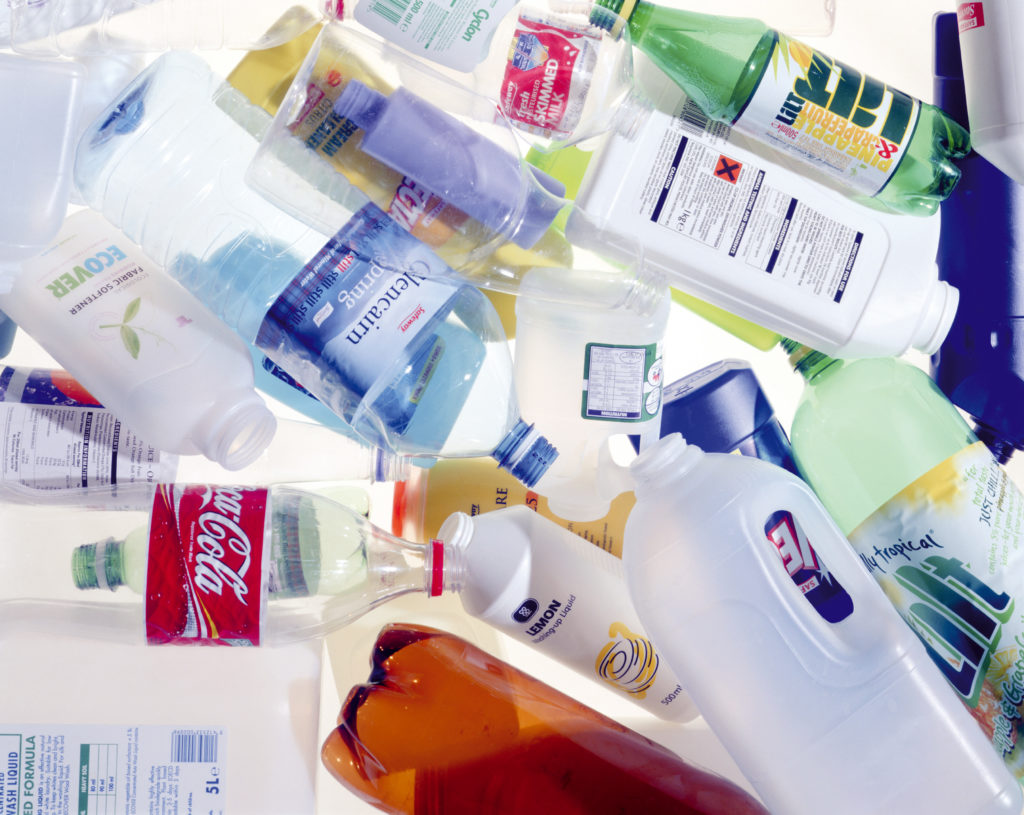
This move puts recycling firmly at the heart of our business. While all recycling has merit, closed loop recycling is arguably the ultimate
James Crick, Nampak Plastics
Milton Keynes-based Nampak Plastics has revealed the facility, which is expected to be operational by the end of 2008, will have the capacity to produce up to 13,000 tonnes of recycled HDPE flakes each year.
Nampak has said it will be making a multi-million pound investment in the plant which will be located in an-as-yet undisclosed site in the north east of England.
The company's business development director James Crick said: “This move puts recycling firmly at the heart of our business. While all recycling has merit, closed loop recycling is arguably the ultimate: turning bottles back into bottles improves both sustainability and environmental performance.”
The recycled plastic will be used in the manufacture of Nampak's own milk bottles, which are expected to be produced for general sale by summer 2008 and will have a 10% recycled content (see letsrecycle.com story).
This follows a trial, involving a number of organisations such as the Waste and Resources Action Programme and Dairy Crest, which saw 60,000 recycled content milk bottles sold on the shelves of supermarket giant Marks & Spencer.
The trial was deeemed a success and the bottles continues to be stocked by M&S but while the first bottles will have a 10% recycled content, Nampak aims to drive this up to 30% by 2009.
Process
Nampak plans to take waste HDPE bottles from local authorities and waste management companies which collect it from householders.
HDPE will be sorted from other recyclables before being baled and transported to Nampak's plant. Here, it will be sorted into different HDPE streams with the natural processed by Nampak and the remaining plastic sent to other reprocessors.
Technology used to purify and break the down the material includes hot washing as well as equipment manufactured by America company Erema which uses a vacuum.
The company produces around two billion bottles a year and wants to use recycled content in as much of its bottles as possible.
To do this, the company will also receive up to 6,000 tonnes of HDPE flake every year from Closed Loop London, which is opening a plastics reprocessing plant in east London next year.
Mr Crick said: “By building our own plant, as well as working in partnership with other UK reprocessors, not only do we have the best chance of securing quality food grade recycled material for our bottles, we also help stimulate demand for more HDPE from the UK waste stream.
If this plant, alongside the millions being invested by other reprocessors, leads to a higher level of kerbside collections for HDPE, we will all benefit,” he continued.
Nampak managing director Eric Collins added: “Nampak has pioneered recycled content HDPE in food packaging in the UK. From our trials with WRAP and its partnership team, together with the agreement with Closed Loop London and now the multimillion pound investment in our own reprocessing plant; we are committed to optimising the environmental performance of HDPE as a packaging material, now, and in the future.”









Subscribe for free